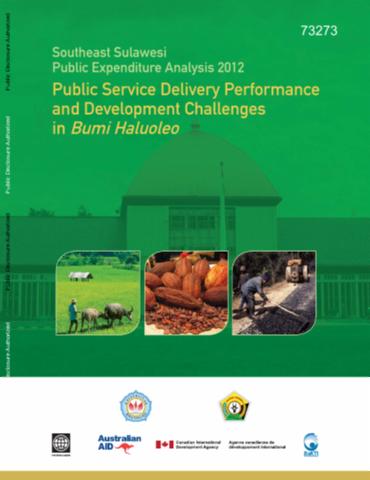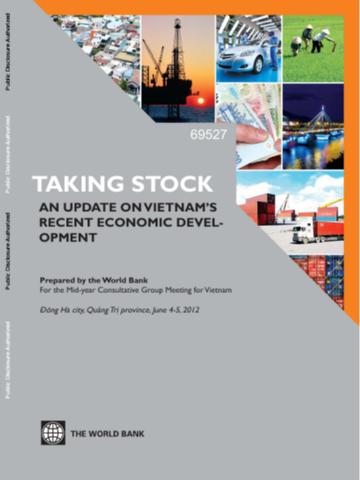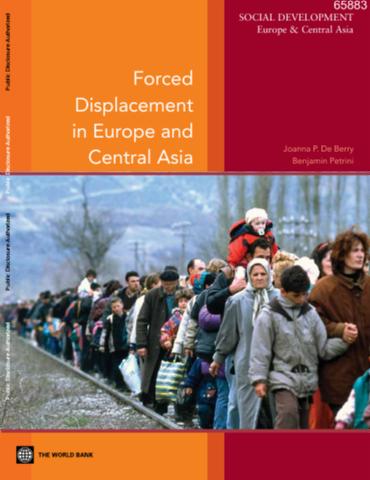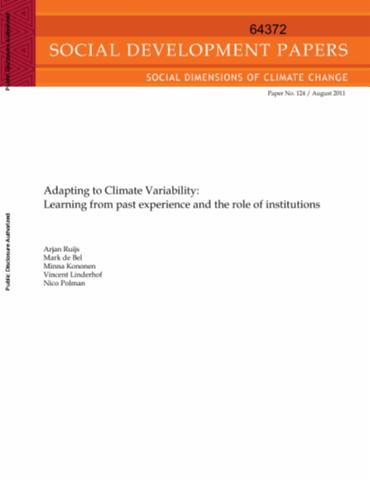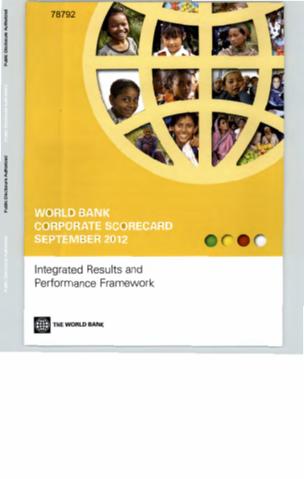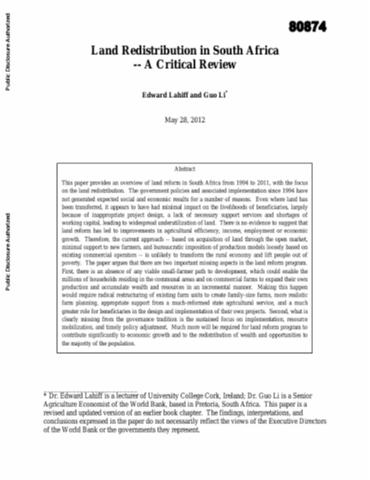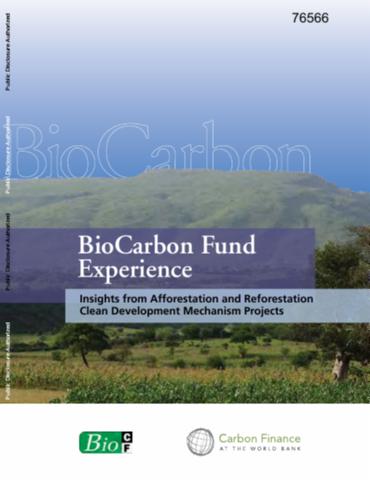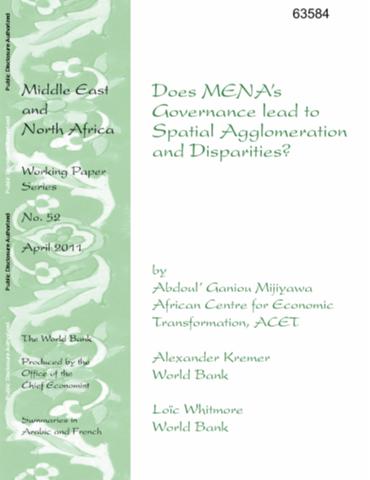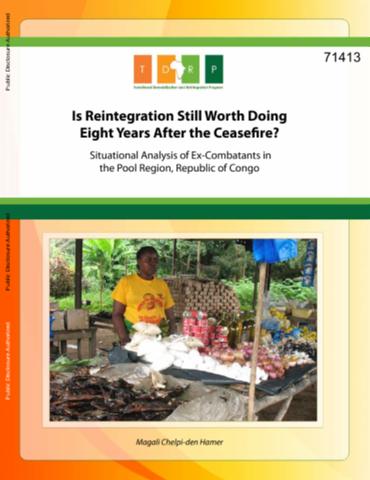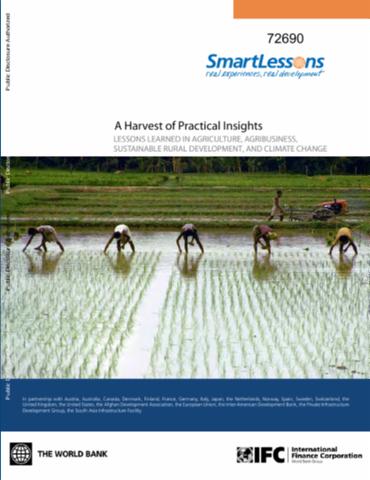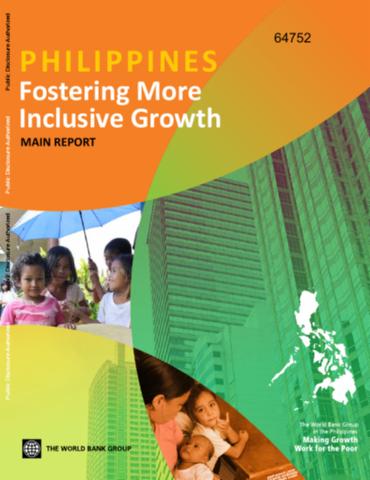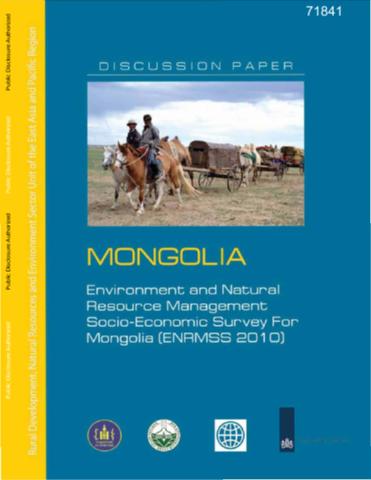Southeast Sulawesi Public Expenditure Analysis 2012
Southeast Sulawesi is one of Indonesia's developing provinces and over the past five years has achieved one of the country's highest growth rates. In 2010, Southeast Sulawesi's economy grew at 8.2percent the third fastest in Indonesia. The poverty rate has declined significantly in the past 10 years and the unemployment rate is one the lowest in Indonesia. Per capita expenditure in Southeast Sulawesi has increased nine-fold compared to pre decentralization rates Southeast Sulawesi's consolidated per capita expenditure now falls in the top 10 in Indonesia.

